 |
| The US invasion of Iraq had a profound impact on the world in the 2000s. In this photo, people flee Basra, Iraq, March 2003. (Source: Indy100) |
Two decades in review
March 20, 2023 marks the 20th anniversary of the US invasion of Iraq, a momentous event for the world, with many impacts still evident today. What do you think about this event, Ambassador?
With 438,000 km2 of territory, more than 6,000 years of history in a geostrategic location, multi-ethnic, one of the cradles of human civilization and a major oil producer (2nd in the world in 2002), Iraq has been a place of influence struggle between many countries and major powers in the world for thousands of years.
The war in Iraq 20 years ago was considered the largest ground war of the early 21st century. It broke out after the terrorist attacks of September 11, 2001 in the US, with the administration of George W. Bush beginning to prioritize counter-terrorism strategy.
In his State of the Union Address (January 29, 2002), the leader considered Iraq to be part of the “Axis of Evil”. At that time, international public opinion considered the biggest question of 2002 to be whether the US would attack Iraq. On November 8, 2002, the United Nations Security Council passed Resolution 1441. The risk of war continued to increase. In February 2003, the US released a “Strategy for Victory in Iraq” on politics, security and economics, claiming that the Iraqi government was involved in weapons of mass destruction (WMD).
However, after the fall of Baghdad (April 9, 2003), in 2004, the US 9/11 Commission confirmed that there was no connection between Iraq and September 11, 2001. In 2006, former President Saddam Hussein died. In 2011, the US officially withdrew its troops from Iraq... Until now, after 20 years, the situation in Iraq continues to be difficult and faces many challenges.
Diversify sources of information, not passive strategy
As a diplomat who worked in this area at that time, what is your assessment of the impact of this event on Vietnam's development environment at that time?
The war in Iraq has had a strong impact on many aspects of the world situation at that time. The story of international anti-terrorism is more tense and complicated. Oil and fuel prices are increasing, religious struggles, migration issues in the Middle East-North Africa region are fluctuating, the anti-war movement and the protection of peace in the world are on the rise. The war in Iraq is also considered by many public opinions to be the biggest since the war in Vietnam.
That situation makes Vietnam's security and development environment, in the process of implementing the Resolution of the 9th Party Congress (2001), more complicated, intertwined with challenges and opportunities.
 |
| The war in Iraq has made Vietnam's security and development environment, in the process of implementing the Resolution of the 9th Party Congress (2001), more complicated, intertwined with challenges and opportunities. |
Faced with that situation, what has Vietnam done to cope with these fluctuations?
Vietnam has done many urgent things in this situation. In this scope, I would like to mention only a few main things.
First of all, as a peace-loving nation that has made limitless sacrifices to fight war and protect independence, sovereignty and territorial integrity, Vietnam has issued a statement affirming the basic principles in relations between nations: opposing war, calling for an end to war, restoring peace, resolving disagreements by peaceful means, in accordance with the United Nations Charter and international law, and in line with the general trend of the world.
Second , Vietnam has appropriate measures to support and ensure security for the Embassy, officials, citizens and businesses of Vietnam, as well as Vietnam's political and economic interests in Iraq.
Third , Vietnam sent a representative to attend the International Conference on Contributions to the Reconstruction of Iraq at the invitation of the Organizing Committee, on October 23-24, 2003, in Madrid, Spain, which was highly appreciated by international public opinion. At the same time, Vietnam also participated in humanitarian assistance to Iraq.
 |
| Ambassador Ha Huy Thong at the Vietnamese Embassy in Iraq in late 2002. (Source: Provided by the character) |
Fourth , it is to continue the foreign policy set forth by the 9th Party Congress (2001), firmly maintain the policy of independence, self-reliance, diversification, multilateralization, and carry out many foreign activities. In the report on the world situation and foreign policy implementation to the National Assembly (May 2003), the Government affirmed the policy of handling the impact of the war on Vietnam's security and development environment, and at the same time proposed many foreign activities in 2003, continuing to maintain and promote relations with traditional friendly countries and leading partners.
Fifth , based on the practical situation of the world and the handling of the impact on the security and development environment, the 8th Conference of the Central Executive Committee (July 2-12, 2003) issued a Resolution on "Strategy for protecting the Fatherland in the new situation". The Resolution demonstrated the innovation of thinking about building and defending the country, especially the thinking and flexibility in determining "partners" and "objects" with the principle: Anyone who respects independence, sovereignty, establishes friendly relations, equal cooperation and mutual benefit with Vietnam is our partner. Any force that plots and acts against Vietnam's goals is the object of struggle.
On the other hand, in the current fast-changing and complex situation, a dialectical perspective is needed: in each object there are still aspects that need to be taken advantage of and cooperated with. However, in some partners, there may be differences that conflict with Vietnam's interests.
 |
| Ambassador Ha Huy Thong (far left), then Director of the West Asia-Africa Department, joined the delegation of Deputy Foreign Minister Nguyen Phu Binh to attend the International Conference in Madrid, Spain, on October 23-24, 2003 on the reconstruction of Iraq. (Source: Provided by the character) |
Right and benefit
According to the Ambassador, what are the most important lessons from this event?
The Party and the State have many documents and drawn many lessons for Vietnam after the world's upheavals or each crisis handling. In this scope, I would like to express only a few personal feelings.
First of all , in international relations that are always changing rapidly, complicatedly and unpredictably, researching, assessing and correctly forecasting the situation is always the first basic and important step, but also the most difficult, and is the first condition for proposing appropriate policies and countermeasures. To do this will require objective international information sources, references and crisis handling experience.
In fact, from the end of 2002 until the change of regime in Iraq, domestic agencies and Vietnamese representative agencies abroad had made many reports on the situation and proposed urgent countermeasures. Looking back now, it can be seen that Vietnam was not caught by strategic surprise when the war broke out in Iraq 20 years ago.
Second , crisis or war challenges the thinking and efforts to pursue the long-term interests of the country and people, which are concretized in that context and time.
| “As a peace-loving nation that has made limitless sacrifices to fight war and protect independence, sovereignty and territorial integrity, Vietnam has issued a statement affirming the basic principles in relations between nations: opposing war, calling for an end to war, restoring peace, resolving disagreements by peaceful means, in accordance with the United Nations Charter and international law, in line with the general trend of the world.” – Ambassador Ha Huy Thong. |
Third , when the war broke out on March 20, 2003, Iraq had established diplomatic relations with Vietnam since 1968 and had good relations and meaningful economic-trade projects with Vietnam. Meanwhile, despite causing the war in Vietnam, the US withdrew its troops (1973), lifted the embargo (1994), established diplomatic relations with Vietnam (1995), and signed the Bilateral Trade Agreement (BTA). In 2000, Mr. Bill Clinton was the first US President to visit Vietnam. The US also participated in negotiations to admit Vietnam into the World Trade Organization (WTO)….
The challenge at that time was to put national interests first, both demonstrating a principled stance on protecting peace, opposing war, standing on the side of true justice in accordance with the United Nations Charter and international law, and maintaining and promoting relations with key partners.
Finally , “reality is the measure of truth”. Based on domestic and international realities and the process of policy implementation, handling situations or crises, draw new, objective and practical experiences and lessons to continue updating and innovating thinking, flexibly adapting to the rapidly evolving, complex and unpredictable international situation.
(*) Ambassador Ha Huy Thong is the former Director of the West Asia-Africa Department (now the Middle East-Africa Department, Ministry of Foreign Affairs) from 2002-2006, and former Deputy Chairman of the Foreign Affairs Committee of the 13th National Assembly.  | Middle East Situation: Attack on Police Station in Pakistan, Car Bombing in Iraq On December 18, suspected militants attacked a police station in Pakistan. On the same day, a police convoy ... |
 | Iraq wants to pump gas to Europe via a transit station in Türkiye; Lithuania-Latvia pipeline explodes Germany and Iraq have discussed the possibility of gas supplies and agreed to stay in close contact with each other. |
 | For the first time in 6 years, the UN Secretary General visited Iraq to express solidarity and pledge support. On February 28, United Nations (UN) Secretary-General Antonio Guterres visited Iraq, in the context of this Gulf country... |
 | Iraqi Prime Minister: Egypt is a model of maintaining stability and promoting development On March 5, during an official visit to Egypt, Iraqi Prime Minister Mohammed Shia Al-Sudani met with host country President Abdel-Fattah El-Sisi at ... |
 | Saudi Arabia-Iran deal: China says very good news, Iraq welcomes 'new page', Egypt expresses hope Egypt expressed hope on March 10 that the agreement to resume diplomatic relations between Saudi Arabia and Iran would help ease ... |
Source




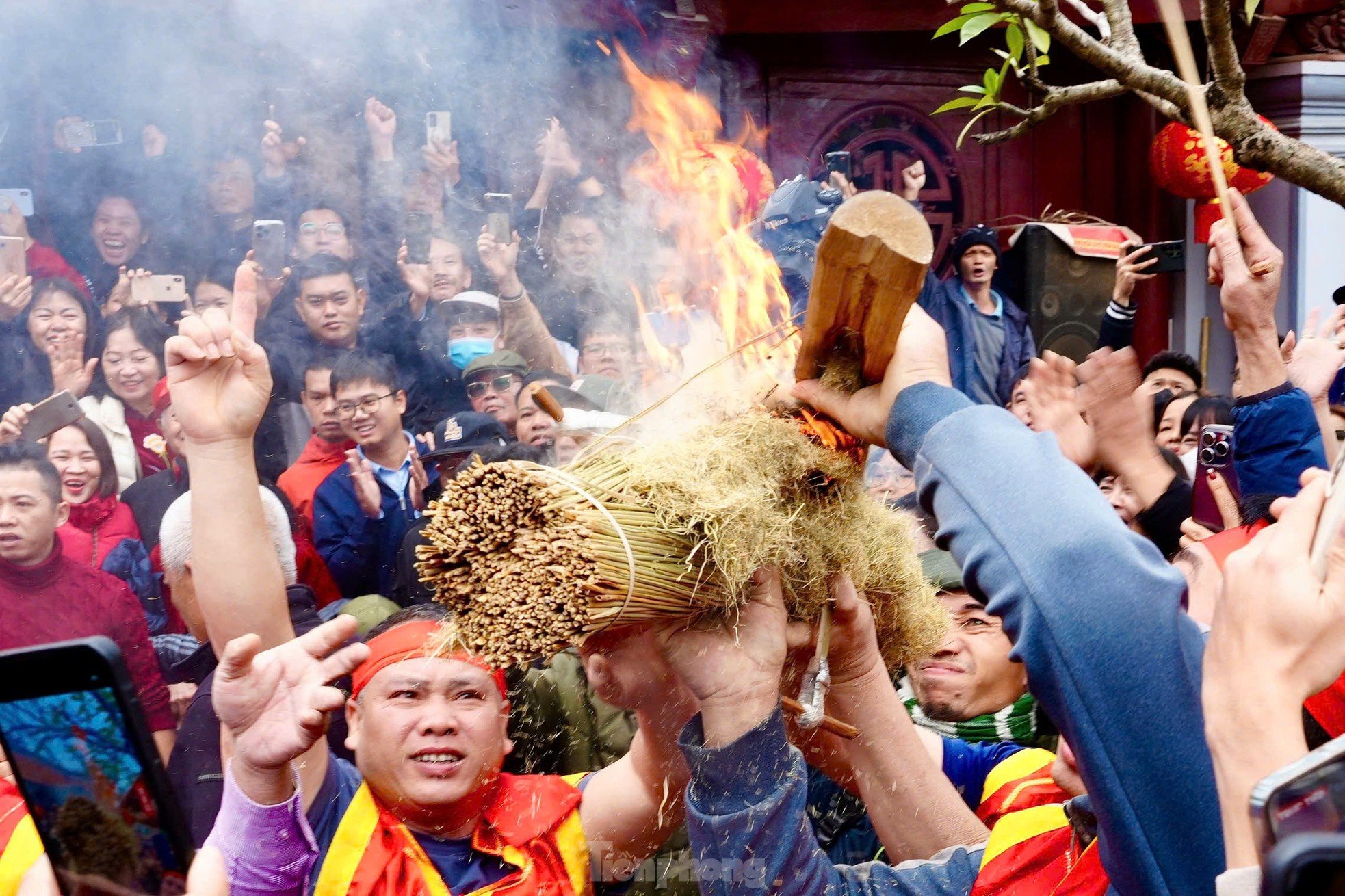

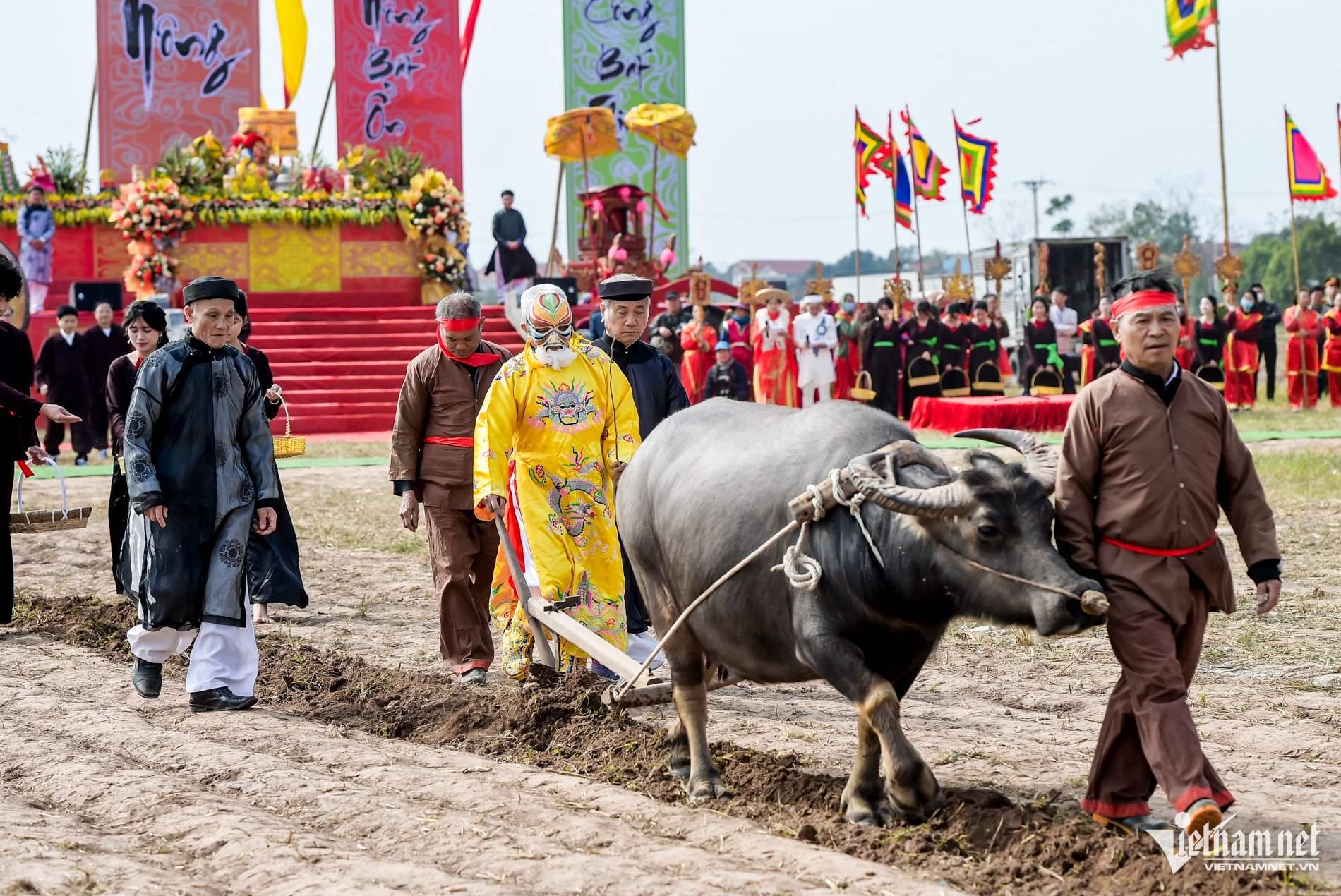
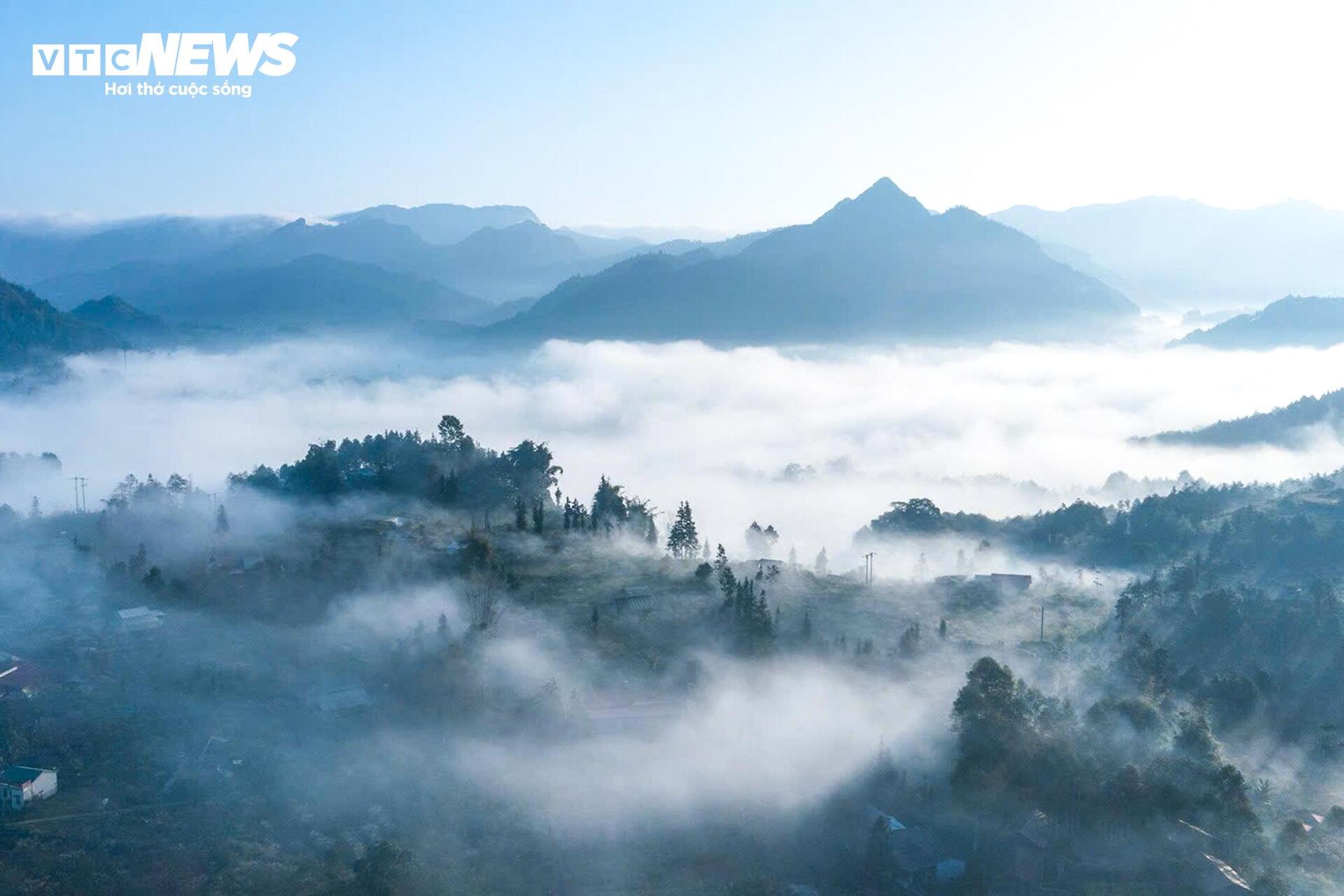

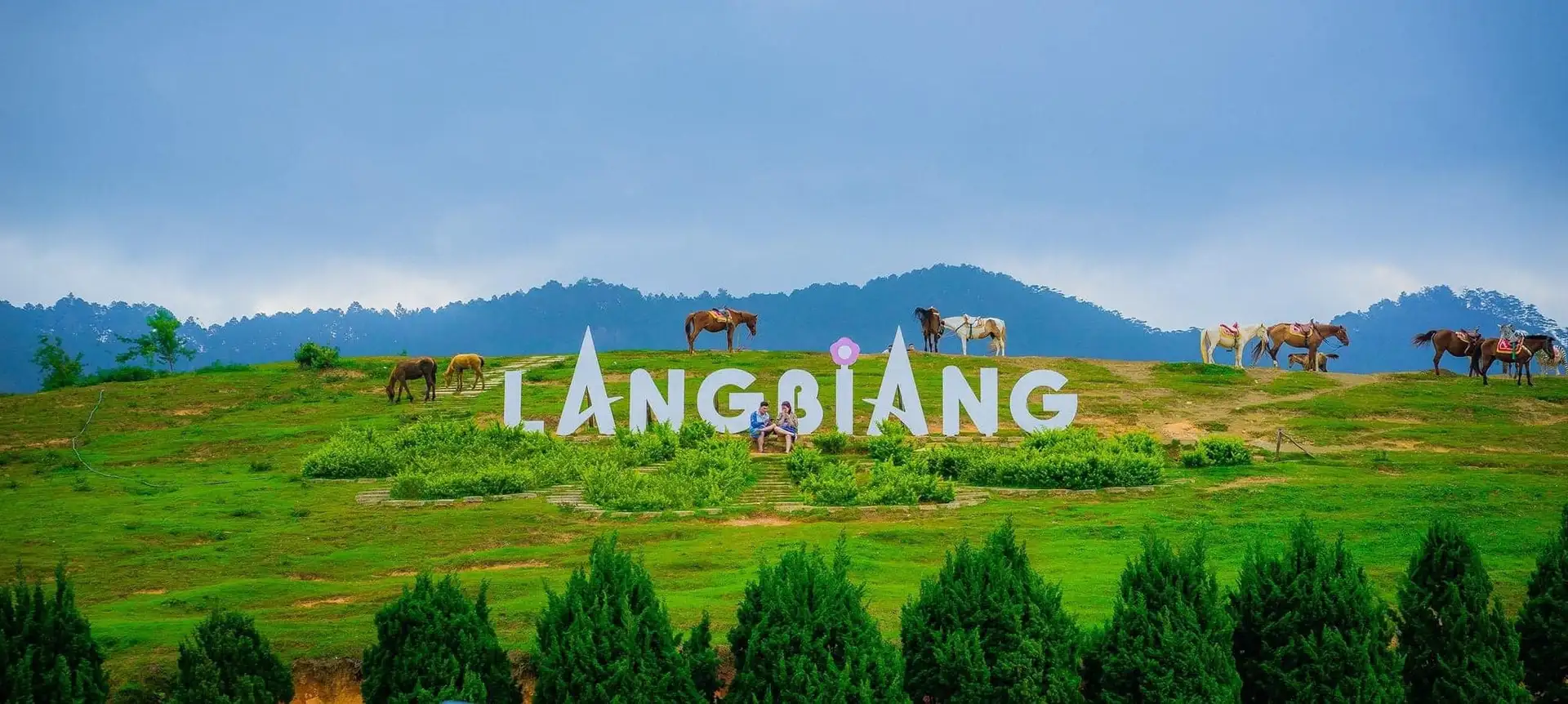













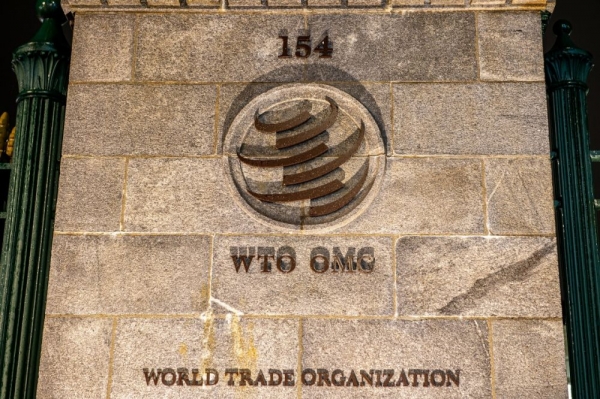


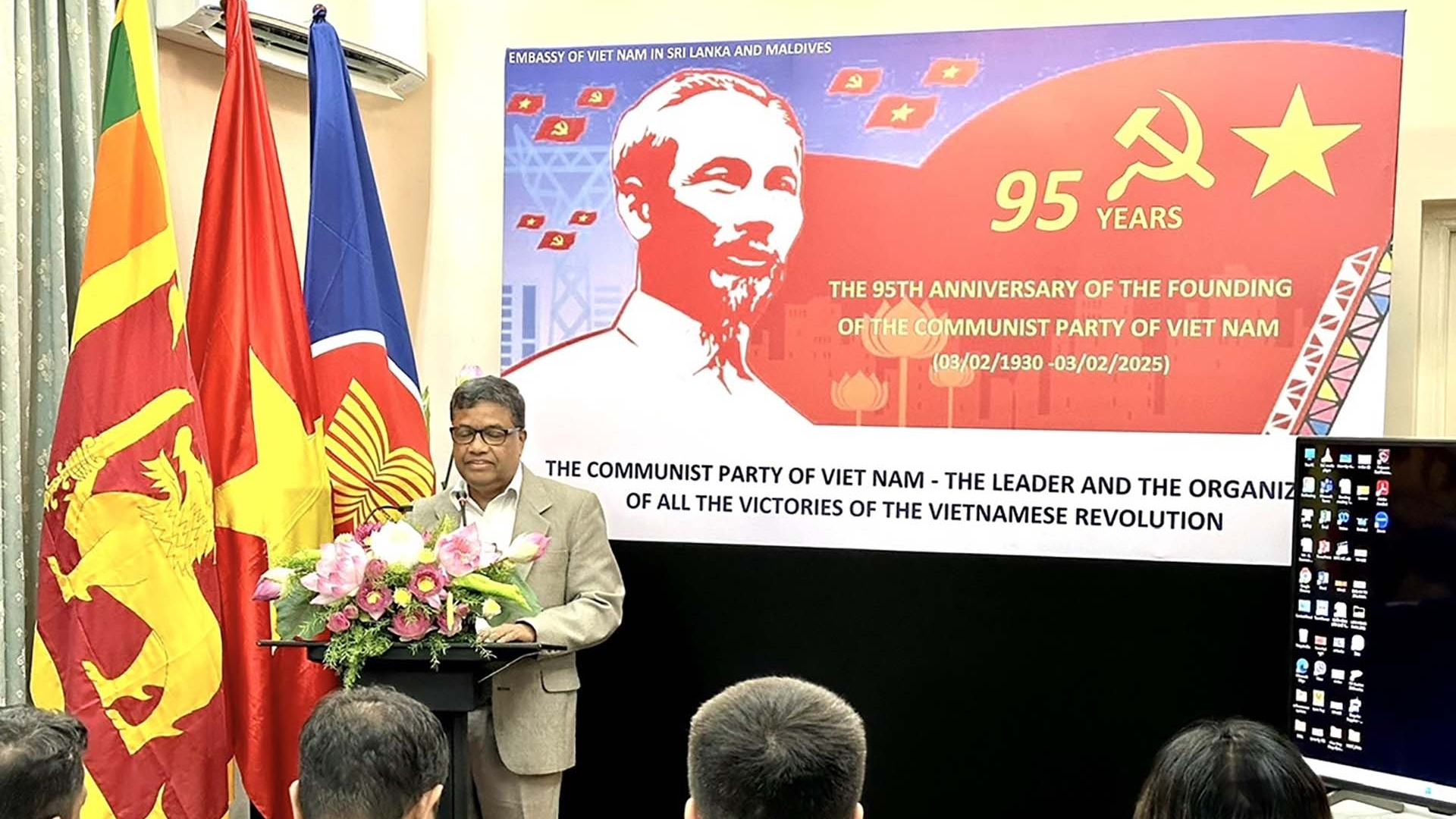
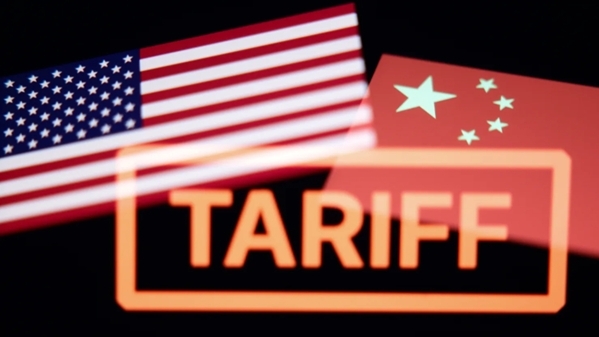
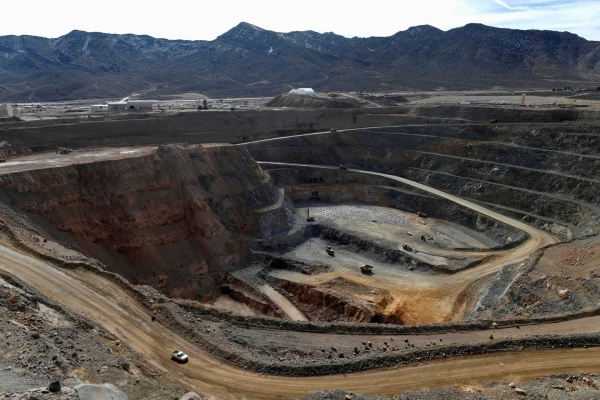

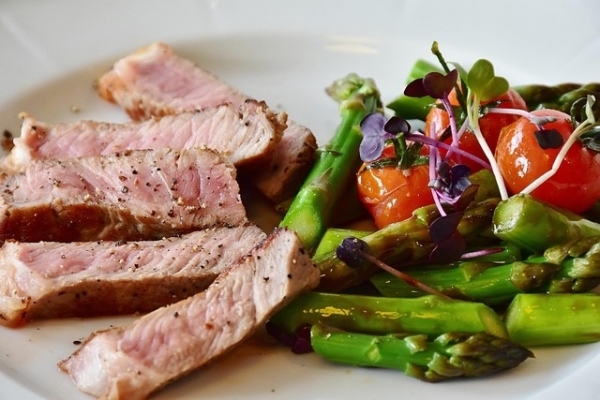
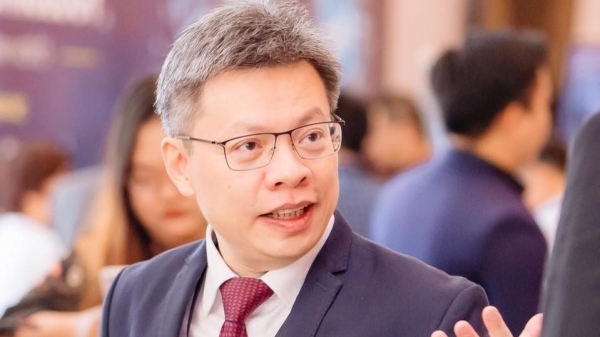
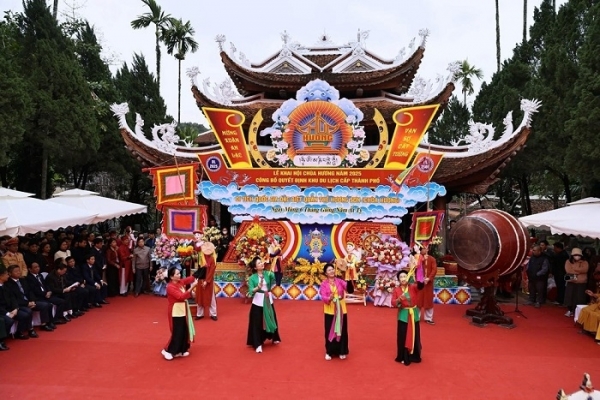
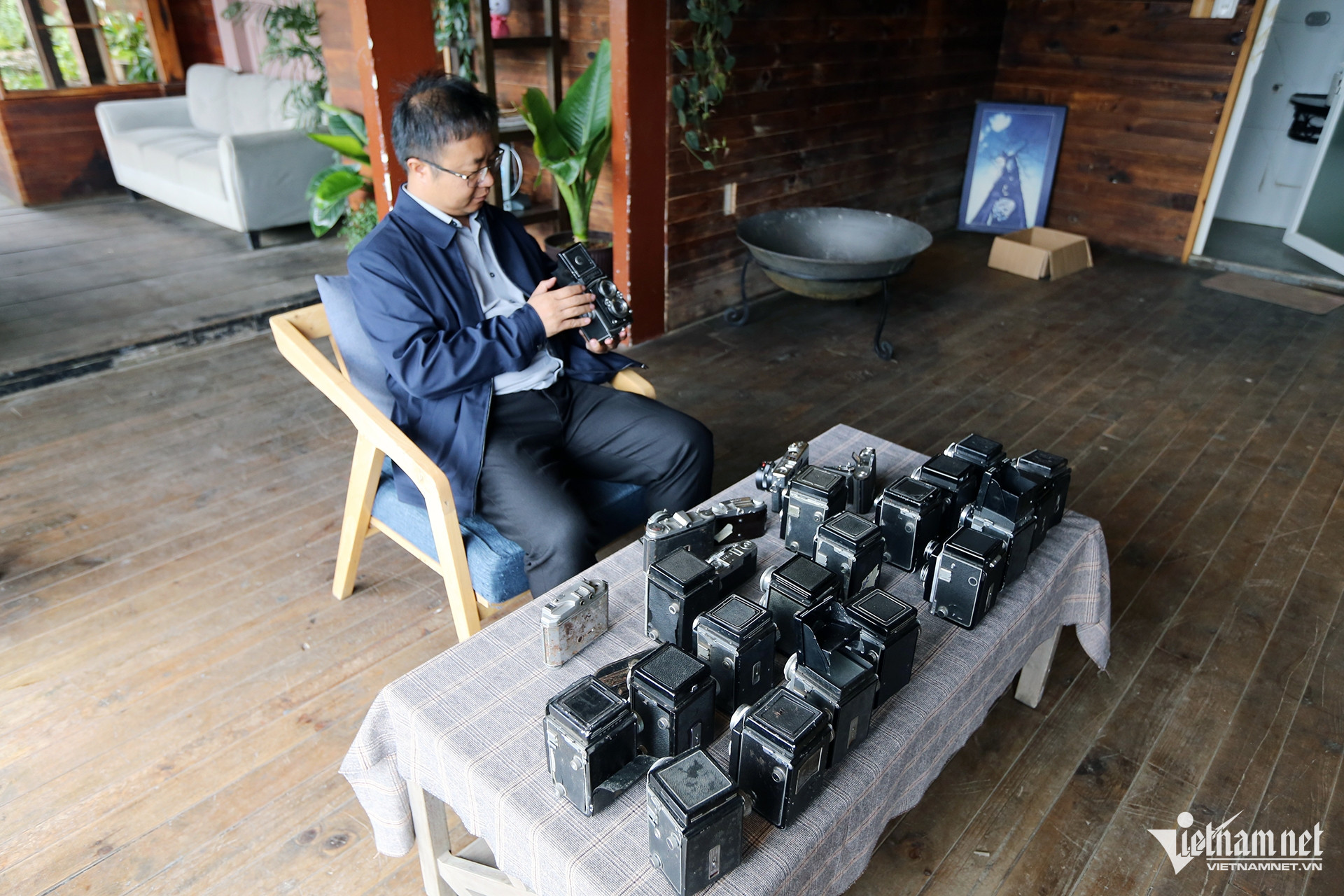







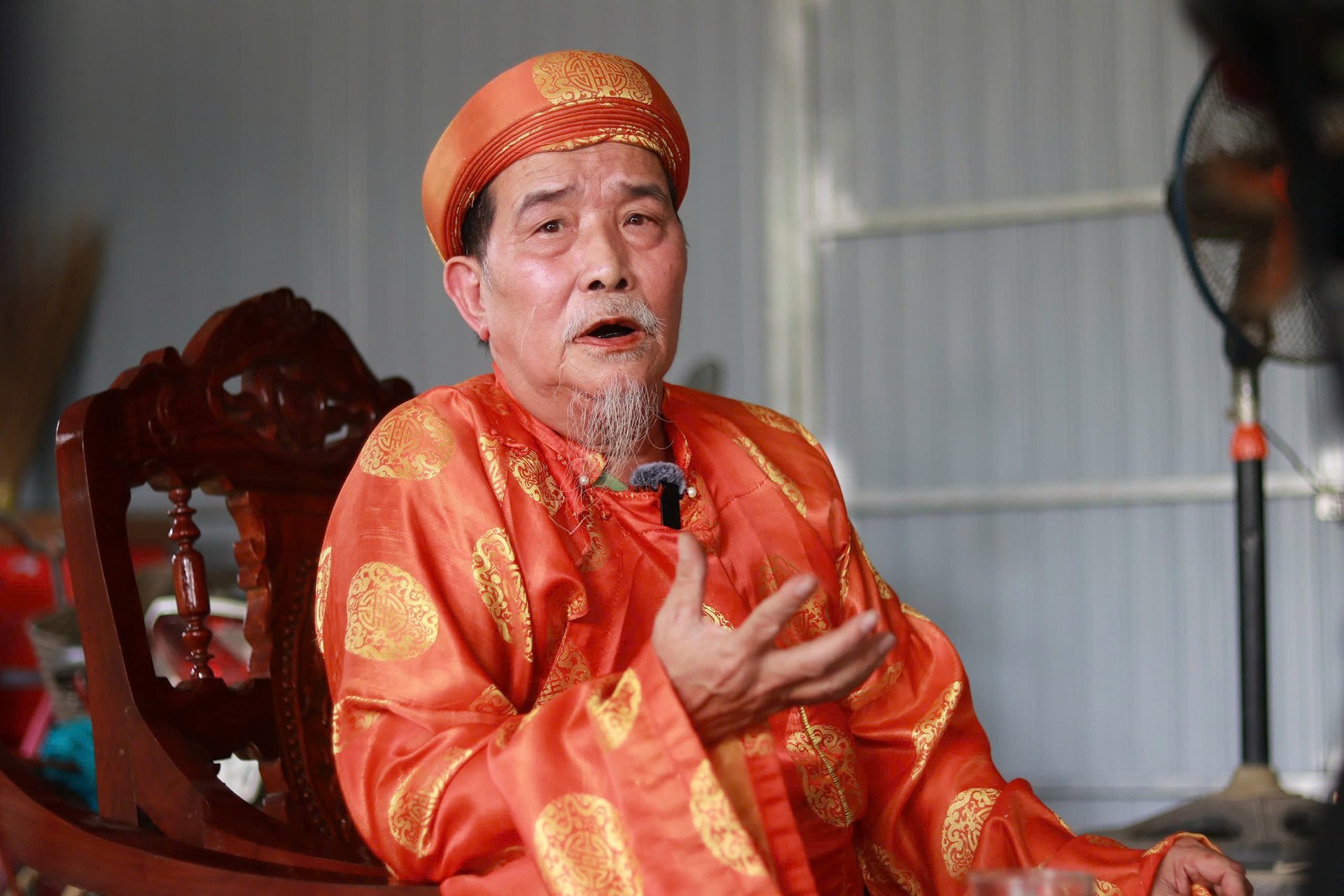
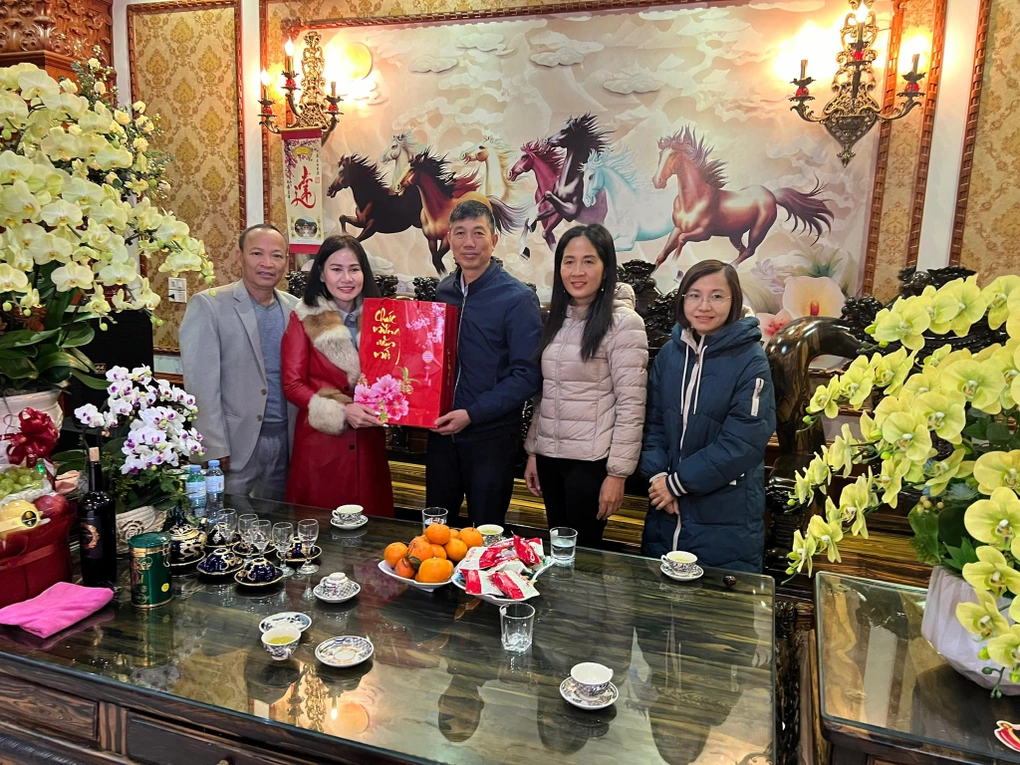





Comment (0)